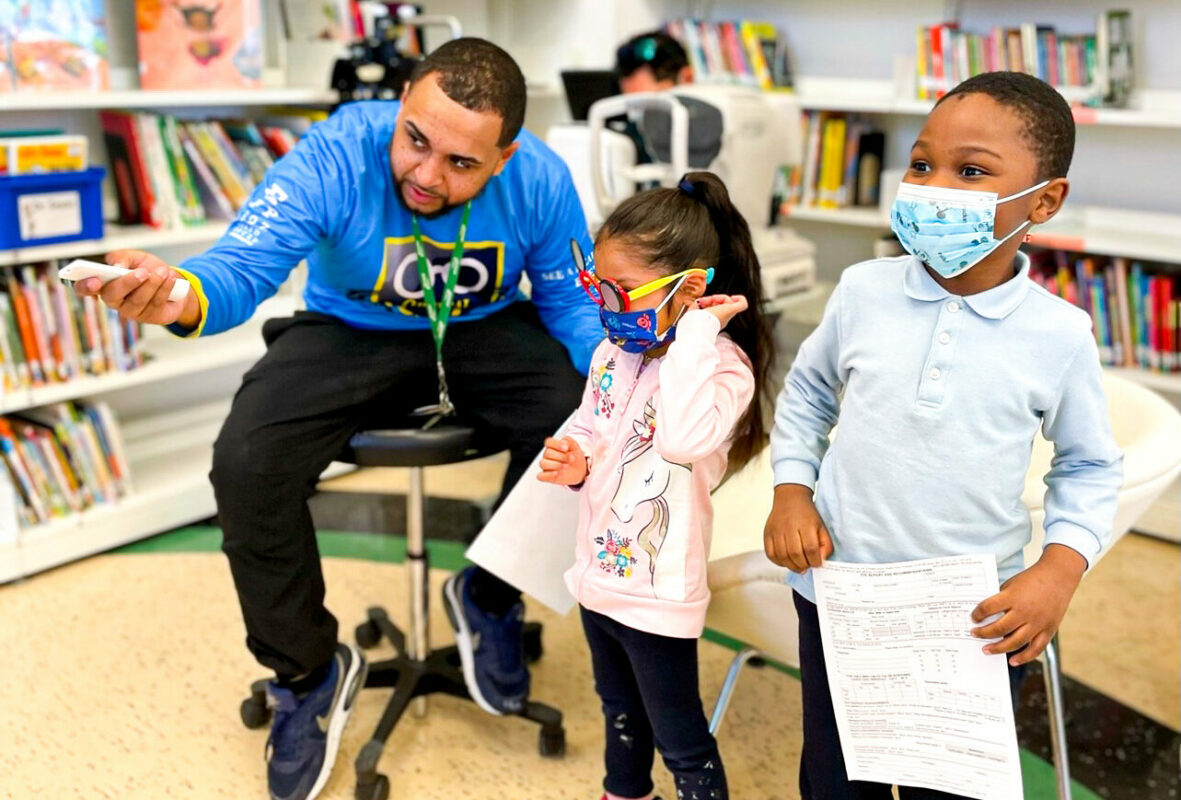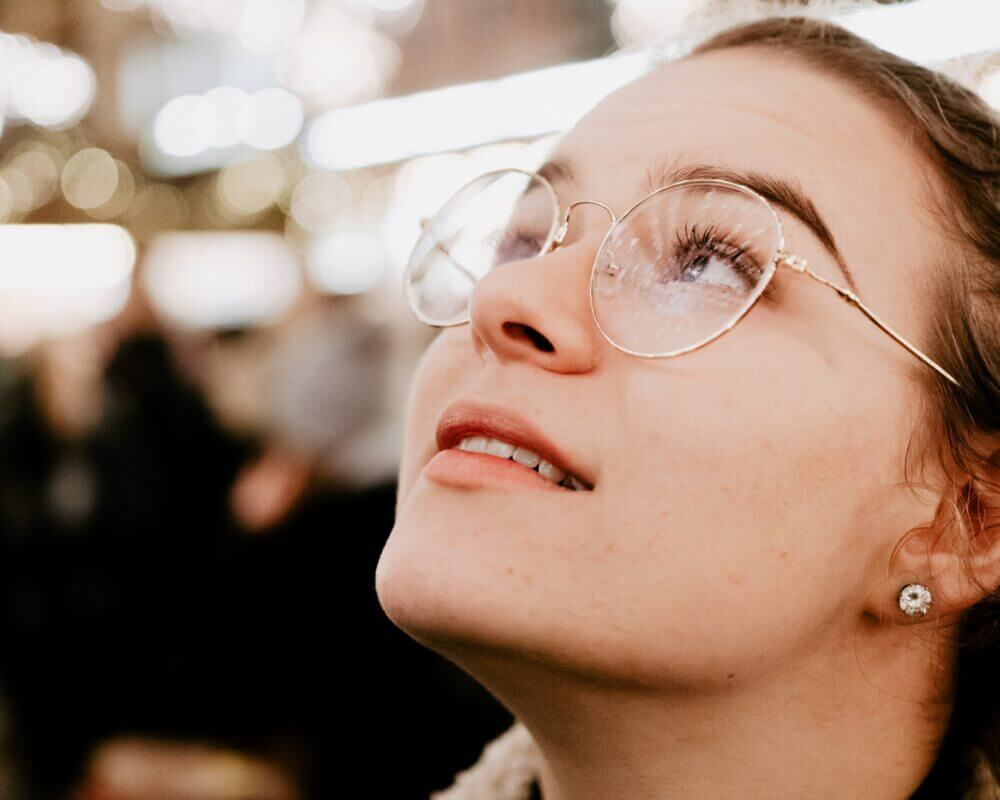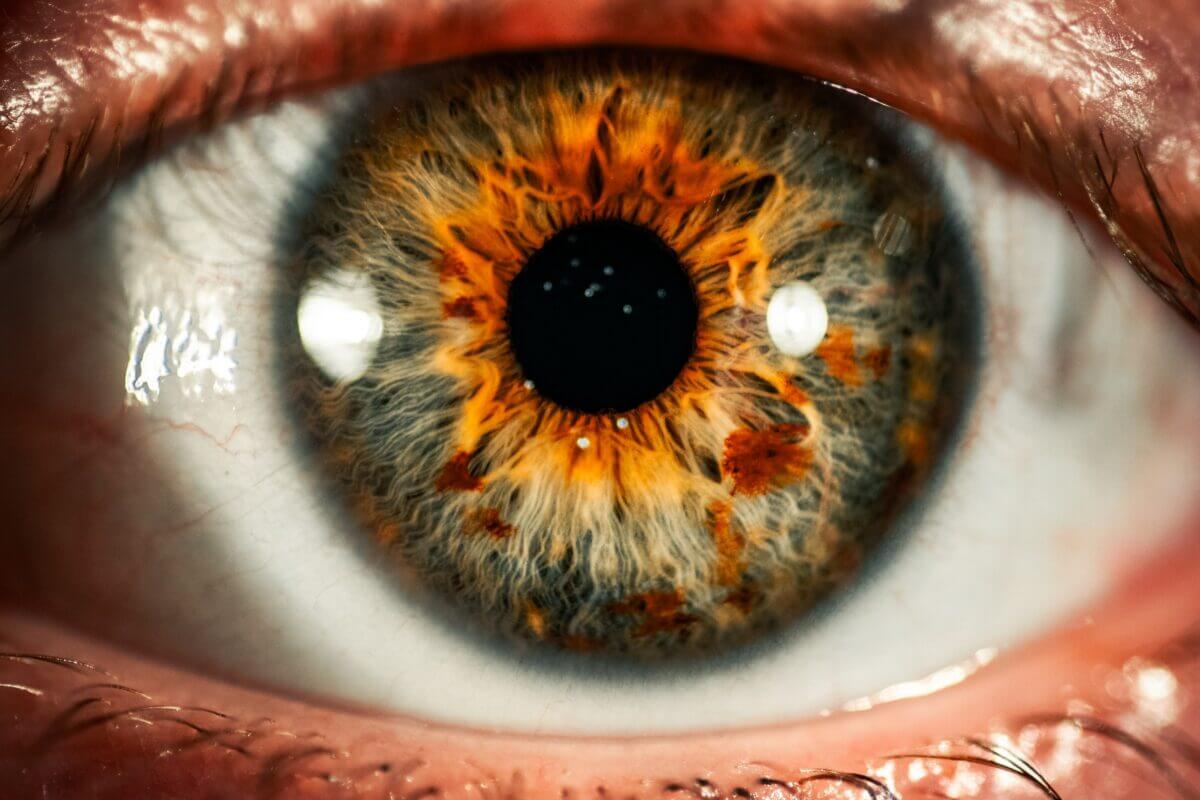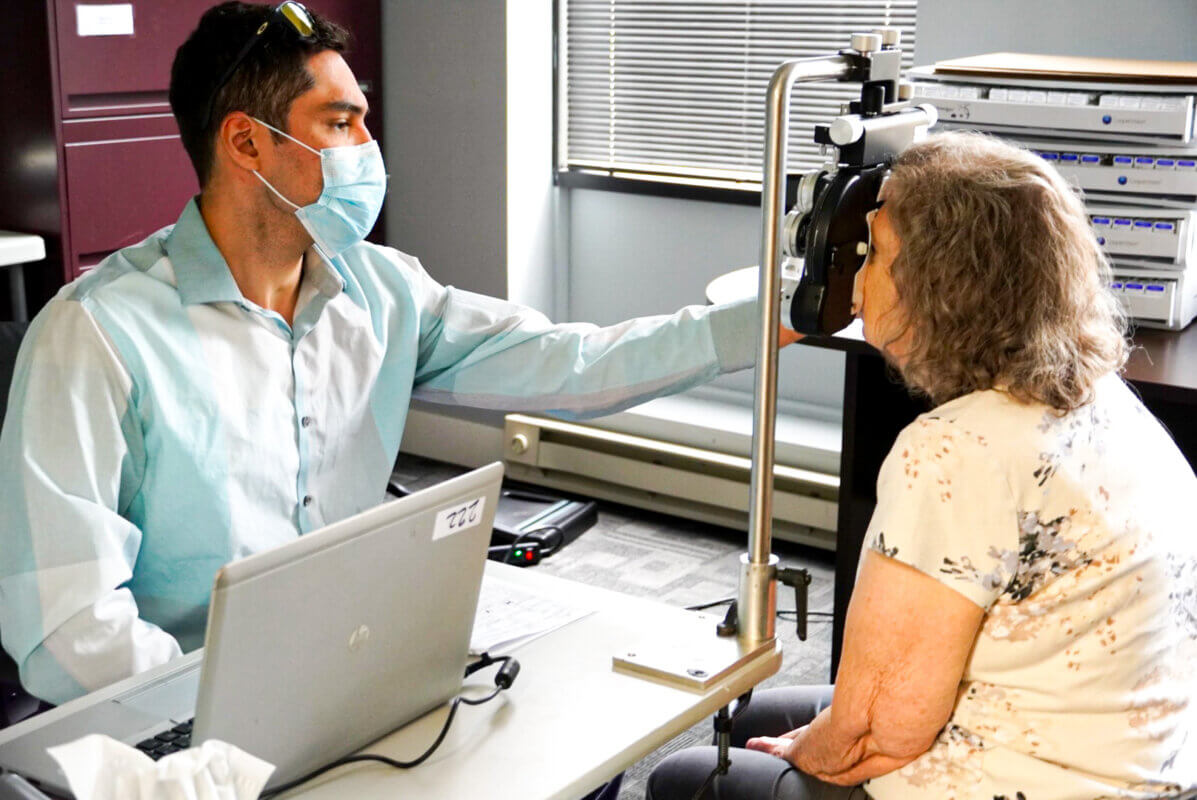Have you ever wondered how eyes change as we age? Our eyes are constantly changing and it’s important to be aware of what these changes may mean for our vision. This post will discuss the different changes that occur in our eyes as we grow older and explain what each change means for our vision. By understanding these changes, we can better care for our eyes and maintain healthy vision throughout our lives.

Young Eyes
Infants
The eyes of a baby are not fully developed at birth, and during this time there is a significant change in their appearance. A newborn’s eyesight is between 20/200 and 20/400. Over time, not only does their visual acuity develops but so does the control of eye movements and eye control. Eye color also changes with newborns. A color tint settles in permanently from a lighter color within about a year.
Color vision is not as sensitive in an infant but most babies have a good color sense by five months. This makes it the perfect time for their first eye check-up which can usually take place at your pediatrician’s office if everything looks right or you should get referred to someone who specializes in this area of expertise when needed!
School Age
During the time your child is enrolled in school, it’s the most important time to make sure their visual acuity and eye health are in optimal condition. A child’s vision affects their performance at school. 25% of ALL children have a vision problem significant enough to affect their performance in school. /thevisiontherapy/ This is why here at Optical Academy we recommend bringing your child in for a comprehensive eye exam.
At Optical Academy we also offer onsite mobile eye exams and eyewear for your schools. sure children and teens are getting the right eyewear prescription and their eyes assessed for learning. Schedule an event with us for a fun day of eye care and eyewear!

Eyes At Adulthood
As we age, our eyesight inevitably deteriorates. This is due to several factors, including the natural aging process, injuries, and disease. One common change that occurs in aging eyes is that the pupils become smaller. This is because the muscles controlling the pupil size weaken with age. As a result, less light enters the eye, and vision becomes more difficult.
Other common changes include a loss of sharpness in visual acuity, difficulty focusing on close objects (presbyopia), and a decrease in the overall field of vision. These changes are all due to the deterioration of the retina, the light-sensitive tissue at the back of the eye.
While these changes are mostly due to the natural aging process, certain lifestyle choices can speed up the deterioration of vision. These include smoking, a lack of exercise, and a diet high in sugar. So, if you want to keep your eyes healthy as you age, it’s important to live a healthy lifestyle. Learn how to keep your eyes healthy by reading our blog post: 5 Ways To Protect Your Eyes.
Age-Related Eye Diseases
Glaucoma
Glaucoma is a condition that results from damage to the optic nerve, which carries visual information about what we see. The changes can cause irreversible vision loss and affect your ability to acuity operates properly at work or school without glasses, and even reading text may be difficult if not impossible!
Cataracts
Cataracts are a condition that affects the vision of people. The symptoms include clouding or yellowing of your eye’s lens, which can make things look blurry and fade away into colors at different angles. Vertically placed lines may be more difficult than usual to distinguish between them because they appear doubled. You might also experience difficulty focusing on nearby objects while reading afar off-screen all due directly to insufficient light reaching our retinas!
Diabetic Retinopathy
The disease of diabetic retinopathy is a condition in which diabetes affects the eyes, caused due to damage done to blood vessels present at the retina’s surface. The symptoms of diabetic retinopathy are often not felt until the disease has already progressed to a more advanced stage. This is because mild vision problems can develop into blindness if left untreated or unchecked for long enough.
Macular Degeneration
Macular Degeneration (AMD) is the leading cause of blindness in older people. It causes damage to a person’s central vision, which leads them unable to see up close or far away without assistance.

Does Eye Color Change With Age?
As we get older, our eye colors can change. It has to do with the amount of melanin in your genes that affect how fast or slow those individual cells produce their pigment. Other factors can change your eye colors like your mood, diet, sunlight, and even your clothes!

Ways to Prevent Age-Related Vision Changes
The best way to keep your vision healthy as you age is by eating right and exercising regularly. It’s important to go in for regular eye exams and discuss any issues with a knowledgeable optometrist to learn how eyes change with age. They would be able to notify you of any risk factors your may have or recommend advice, or medication needed. Here at Optical Academy, we offer onsite mobile eye exams to worksites. Over 10,000 onsite events with over 12 years in the industry providing eye care services. Contact Us For More Information


Worksite
All Employees Served With Direct Vision Care All In One Day At Their Worksite!.
Glasses2Classes
Vision screenings, eye exams, and eyewear for all students at their schools!
Community Events
Provide Easy Access To Eye Care & Eyewear for Your Entire Community!
At Home
Skip the trip! We travel directly to all fragile homebound patients!